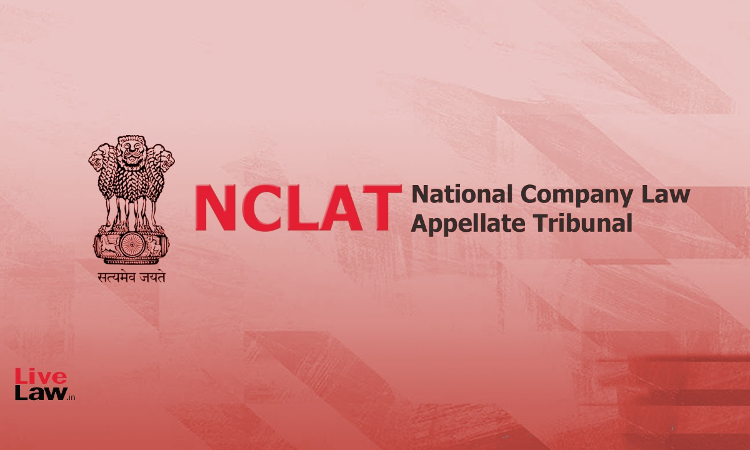The National Company Law Appellate Tribunal (NCLAT) bench comprising Justice Ashok Bhushan (Chairperson), Barun Mitra (Technical Member), and Arun Baroka (Technical Member) has held that the repeated filings of Section 9 applications and withdrawals indicate an attempt to misuse the provisions of the Insolvency and Bankruptcy Code (IBC) to “arm-twist” the Respondent, a solvent...

